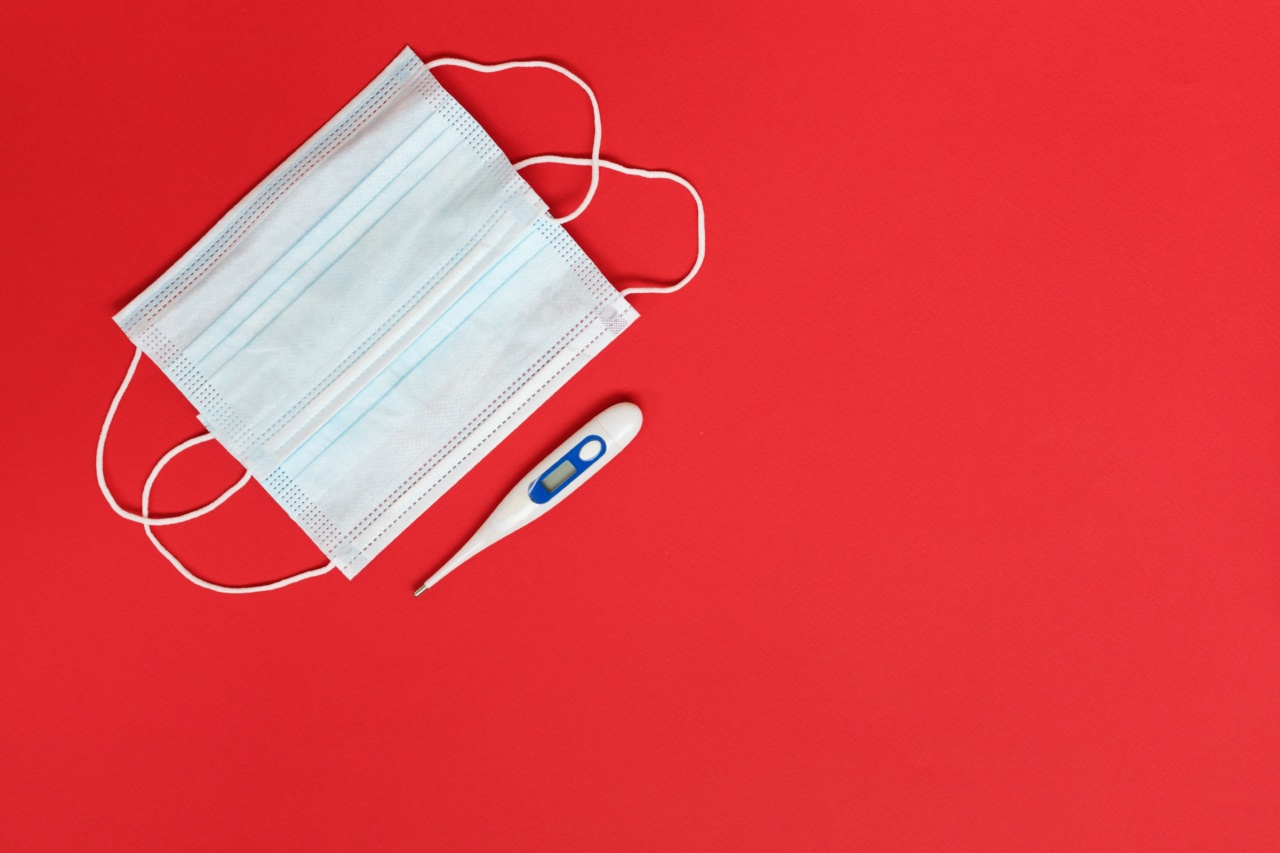Menopause is a natural process that most women will experience in their lifetime. It is defined as the time when a woman’s menstrual cycle stops completely.
The average age for menopause in the United States is 51 years old, but it can occur as early as the mid-40s or as late as the early 60s. As women age and go through menopause, they are at an increased risk for obesity and cancer. Obesity has been linked to several types of cancer, including breast, uterine, and ovarian cancer.
In this article, we will discuss the link between obesity, menopause, and cancer risk, as well as ways to prevent cancer through lifestyle changes.
What is Obesity?
Obesity is defined as having an excessive amount of body fat. It is often measured using body mass index (BMI), which calculates a person’s weight in relation to their height. A BMI of 30 or higher is considered obese.
Obesity has become a major health problem in the United States and around the world. According to the Centers for Disease Control and Prevention (CDC), more than one-third of American adults are obese.
Obesity and Menopause
Menopause is a time of significant hormonal changes in a woman’s body. Estrogen, the main female hormone, decreases significantly during menopause. This hormonal change can lead to weight gain and redistribution of body fat to the abdomen.
This type of fat, called visceral fat, has been linked to several health problems, including type 2 diabetes, heart disease, and cancer.
Obesity and Cancer Risk
Obesity has been linked to an increased risk of several types of cancer, including breast cancer, uterine cancer, and ovarian cancer.
A study published in the New England Journal of Medicine found that obesity increases the risk of breast cancer in postmenopausal women. Another study found that obesity increases the risk of uterine cancer, and this risk is even higher in women who have gone through menopause.
Ovarian cancer has also been linked to obesity, with studies showing that obese women have a higher risk of developing this type of cancer.
Preventing Cancer through Lifestyle Changes
While there is no guaranteed way to prevent cancer, there are lifestyle changes that women can make to reduce their risk. These include:.
- Maintaining a healthy weight
- Eating a healthy diet that is rich in fruits, vegetables, and whole grains
- Exercising regularly
- Avoiding alcohol and tobacco
- Getting regular check-ups and mammograms
Maintaining a Healthy Weight
Maintaining a healthy weight is one of the most important ways to reduce cancer risk. Women can achieve a healthy weight through a combination of healthy eating and regular exercise.
A diet that is rich in fruits, vegetables, and whole grains can help women maintain a healthy weight and reduce their risk of cancer. Regular exercise, such as brisk walking, jogging, or swimming, can help women burn calories and maintain a healthy weight.
Eating a Healthy Diet
Eating a healthy diet is also important for cancer prevention. Women should aim to eat a diet that is rich in fruits, vegetables, and whole grains. These foods are high in vitamins, minerals, and fiber, which can help reduce the risk of cancer.
Women should also limit their intake of red and processed meat, as well as sugar-sweetened beverages and foods that are high in saturated fat.
Exercising Regularly
Regular exercise is another important way to reduce cancer risk. Women should aim to get at least 30 minutes of moderate-intensity exercise most days of the week.
Activities such as brisk walking, jogging, or swimming can help women maintain a healthy weight and reduce their risk of cancer. Exercise can also help reduce stress, which can lower cancer risk.
Avoiding Alcohol and Tobacco
Alcohol and tobacco use have both been linked to an increased risk of cancer. Women should avoid smoking and limit their alcohol intake. The American Cancer Society recommends that women have no more than one alcoholic drink per day.
Getting Regular Check-ups and Mammograms
Finally, women should get regular check-ups and mammograms to help detect cancer early. Early detection is key to successful cancer treatment.
Women should talk to their healthcare provider about when to start breast cancer screening and how often to get mammograms.
Conclusion
Obesity and menopause are two factors that increase a woman’s risk of cancer.
Women can reduce their risk by maintaining a healthy weight, eating a healthy diet, exercising regularly, avoiding alcohol and tobacco, and getting regular check-ups and mammograms. By taking these steps, women can take control of their health and reduce their risk of cancer.





























